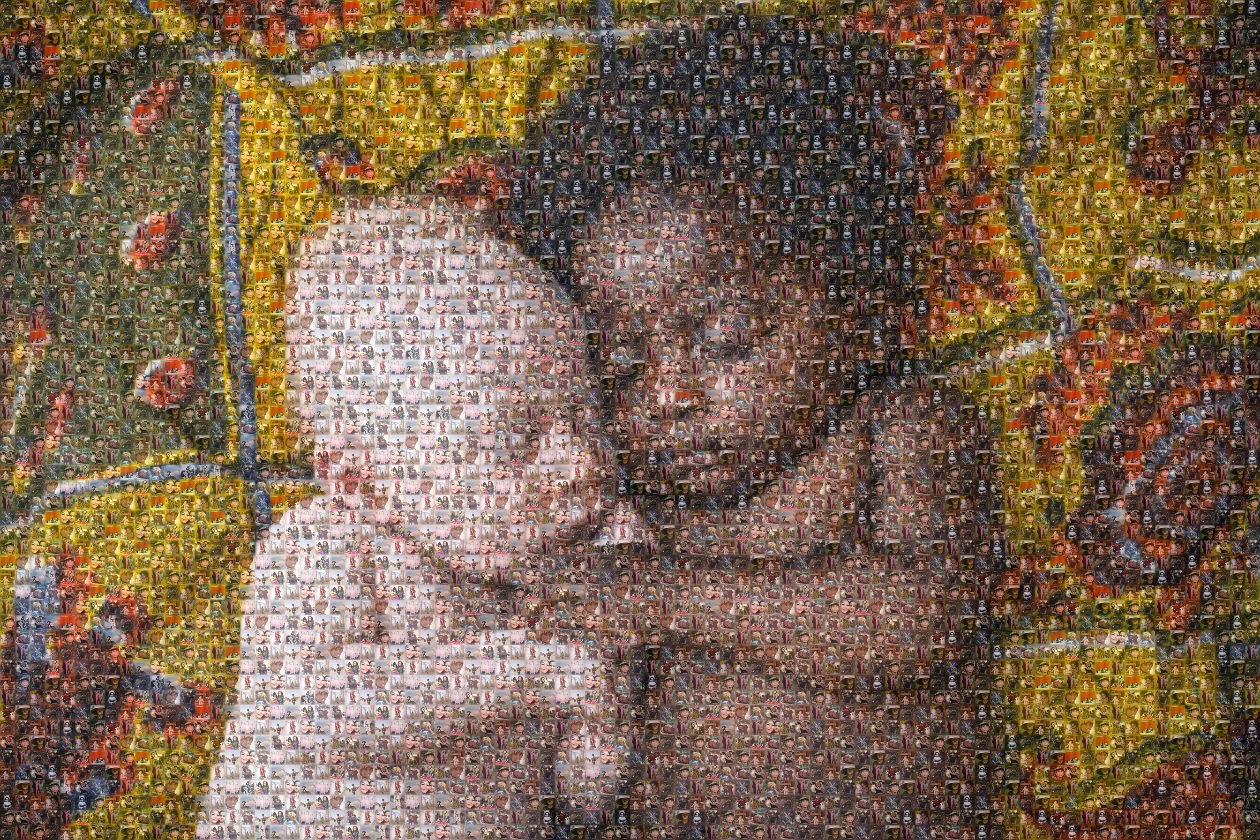 An estimated $95 million is being invested to bring back a long time Brooklyn gem. The Kings Theater, a hot attraction in the 1920s, is being being re-opened sometime in February 2015. The former Loews movie theater is now finding a new use as a performing arts center in hopes to stimulate development in its neighborhood.
An estimated $95 million is being invested to bring back a long time Brooklyn gem. The Kings Theater, a hot attraction in the 1920s, is being being re-opened sometime in February 2015. The former Loews movie theater is now finding a new use as a performing arts center in hopes to stimulate development in its neighborhood.
Located at 1027 Flatbush avenue Brooklyn, NY the theater would bring a much needed boost to the community as it provides opportunities for kids to stray away from bad alternative life decisions and it provides potential for tourist attractions, which may stimulate the small businesses in the area, or re-locate them assuming bigger companies get involved.
 Former Brooklyn borough President, Marty Markowitz, expects people will love how they renovated the inside. He believes that this theater will be "Brooklyn's Beacon and Apollo theater in one". Speaking of Apollo theater, Diana Ross would be performing in February, too (Feb 3 to be precise).
Former Brooklyn borough President, Marty Markowitz, expects people will love how they renovated the inside. He believes that this theater will be "Brooklyn's Beacon and Apollo theater in one". Speaking of Apollo theater, Diana Ross would be performing in February, too (Feb 3 to be precise).Buy or Sell?
Being a child of Brooklyn, I have walked past the theater a few times in my life and I can say I most definitely didn't think much of it, but I know I wasn't a fan of abandoned areas. It was dead, like a lot of other attractions in NY. It was almost too commonplace in Brooklyn, and I'm certain I'm not alone on this, especially many years ago (just look at Williamsburg at the turn of the century). Its good to see a resurgence in investments with the theater and within the community; I buy it. I just hope it doesn't lead to more people being crowded out of their neighborhoods as it may attract wealthier people to the area.







